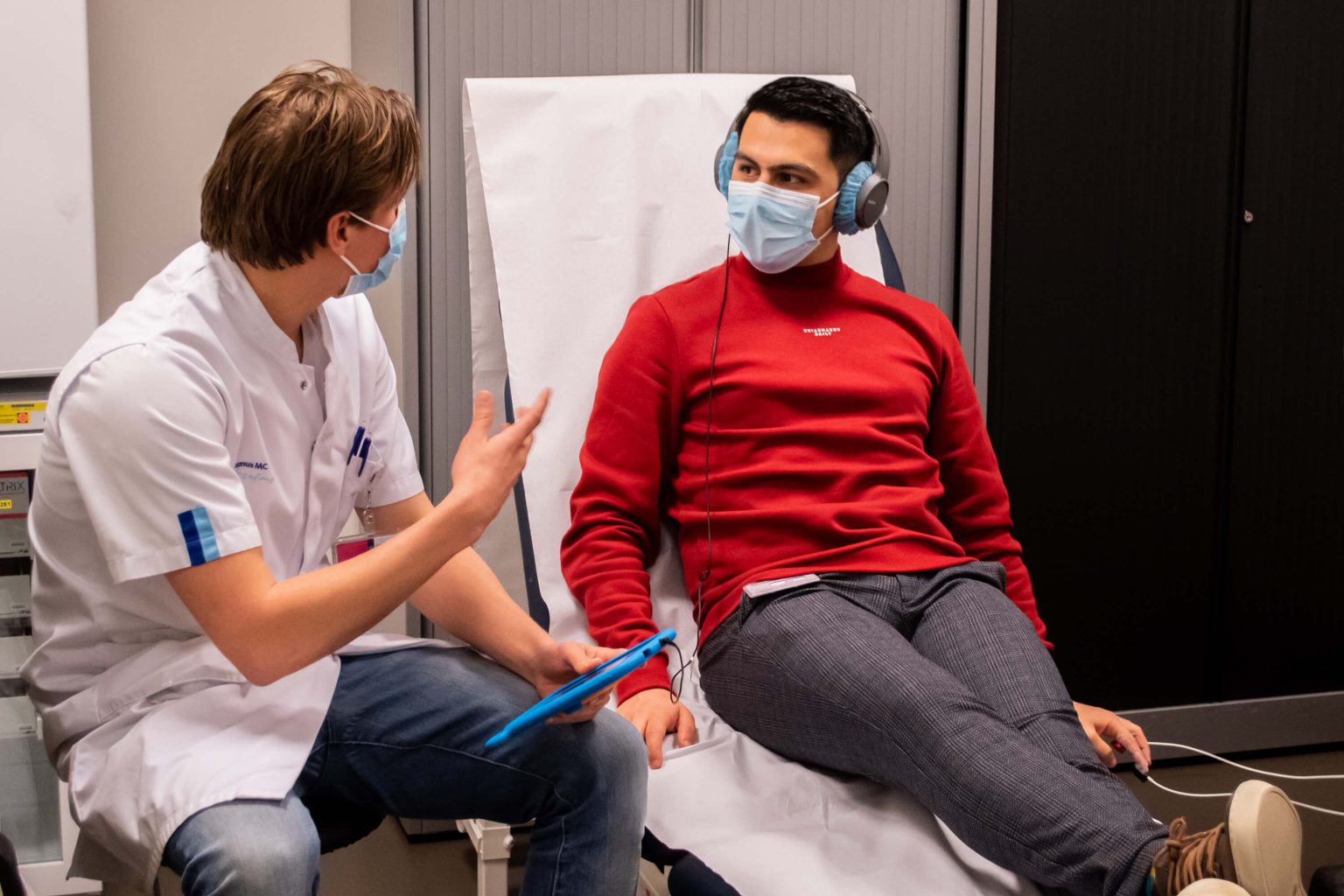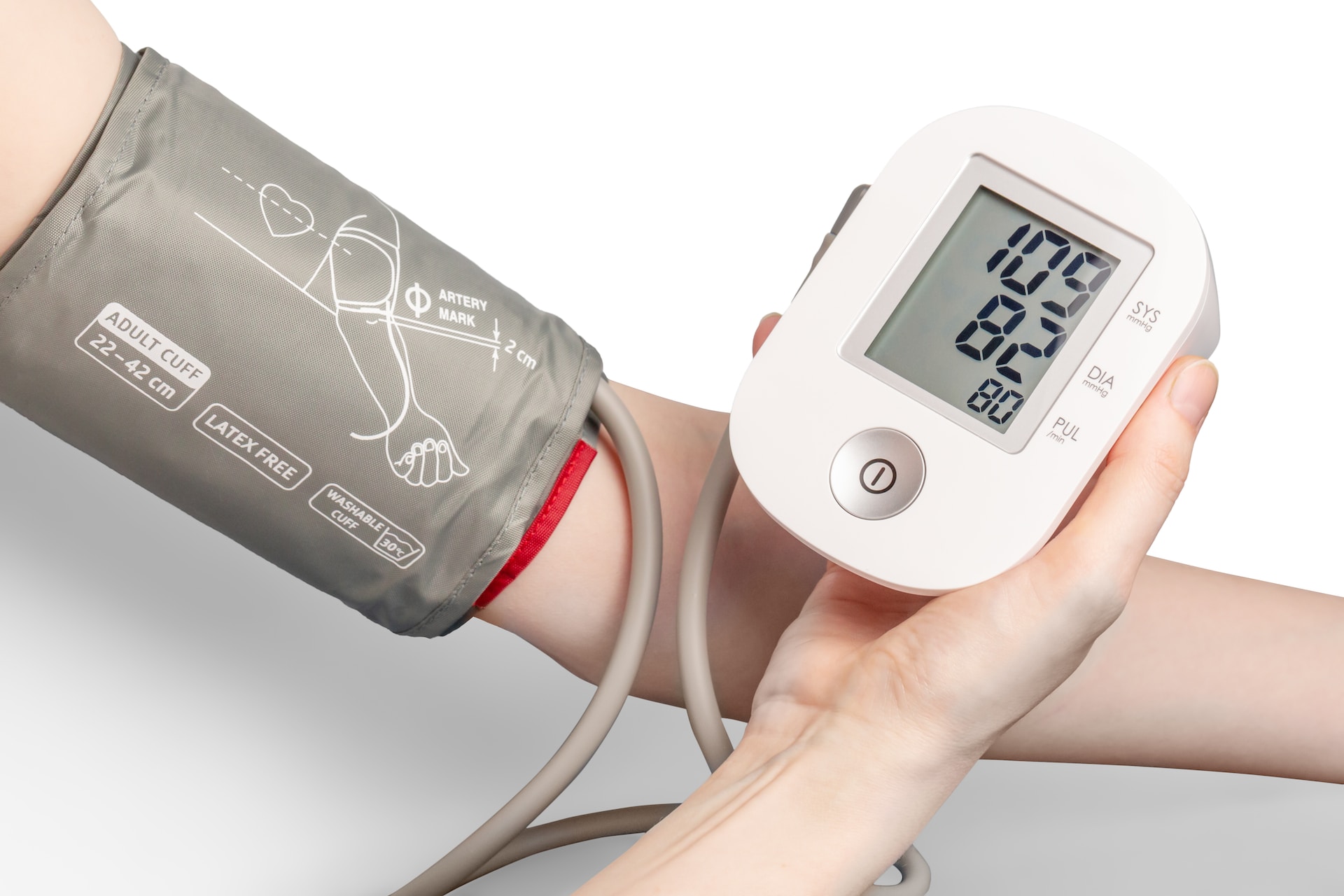The heart is one of the organs regulated by the autonomic nervous system. The sympathetic system accelerates the heart rate during activity, while the parasympathetic system slows it down during rest. However, the heart isn’t solely controlled by the nervous system; it also continuously provides crucial information to the brain. The heart rate (heart rate frequency) and rhythm are examples of signals in this communication between the heart and the brain, constituting one of the body’s most vital collaborations.
Unfortunately, there are situations where the heart doesn’t beat as it should. After a stressful situation, during chronic stress, or when we’re unwell, you may frequently experience heart palpitations or irregular heartbeats. Additionally, you might experience arrhythmia or pain related to heart problems.
How to Deal with Heart Issues?
It is crucial to take such heart issues seriously. Medical examination may be necessary to rule out cardiac problems. It is advisable to consult a doctor if you experience:
- Chest pain or a squeezing, constricting, or pressing sensation
- Radiating pain to the left shoulder or arm
- Sudden sweating, nausea, or vomiting
- Pale or grayish appearance
- Shortness of breath
Less common symptoms that may not immediately suggest heart problems include:
- Jaw pain or facial pain
- Pain between the shoulder blades
- Pain in the right shoulder or arm
- Dizziness or fainting
- Persistent palpitations
While it’s reassuring when a cardiologist confirms that the symptoms aren’t caused by heart issues, it doesn’t necessarily alleviate the discomfort you’re experiencing.

Heart Issues and Stress
Everyone experiences stress differently. Firstly, what situations cause stress (stressors) vary from person to person. The physiological stress response, however, works the same way in every body. But how you feel, think, and behave during the stress response, afterward, and during chronic stress is entirely different for each individual.
Excessive or prolonged stress can lead to various health problems, including high blood pressure, pain, restlessness, melancholy, and heart issues. Chronic stress is a significant risk factor for cardiovascular diseases. Moreover, chronic stress can result in palpitations, irregular heartbeats, and a high resting heart rate.
Palpitations Due to Stress
Normally, you’re not aware of your heartbeat. During most activities, your focus isn’t on your heart rate, and you don’t feel it. However, after a stress response, during a panic attack, or when experiencing chronic stress, you may suffer from palpitations. You feel the heart pounding heavily and quickly. In cases of chronic stress, palpitations can arise unexpectedly and even lead to a panic attack. Your brain interprets the intense beating of your heart as a potential threat, causing increasing panic.
To a lesser extent, you may feel your heartbeat rapidly even at rest. This is generally unnecessary and often comes with a sense of restlessness, sweating, ultimately leading to fatigue. In such situations, physical activity or relaxation techniques, like breathing exercises, can be beneficial.
Vigorous exercise helps align the body’s activity with the increased activity of the heart. It is often easier to calm down afterward. At BioCheck, we use individually tailored cardio training to ensure your body finds balance and gradually reduces these symptoms.
Palpitations Due to Stress
Another commonly mentioned complaint during overload or prolonged stress is heart palpitations. Experiencing heart palpitations can be an unpleasant sensation. Some people feel a momentary irregularity in their heart rhythm: it pauses slightly longer than usual, followed by an extra strong beat. Others may describe a slight pain or pressure in the chest, along with a feeling of tightness or light-headedness.
Heart palpitations at rest are generally not worrying or harmful, but they can be an uncomfortable feeling. They can have multiple causes, and stress is one of them. In cases of chronic stress, it is common to breathe too quickly at rest compared to the body’s activity level. This is known as chronic hyperventilation. While heart rate and breathing are usually synchronized, it’s not the direct issue. Faster breathing due to stress can cause a low concentration of carbon dioxide, leading to narrowed blood vessels and other changes in the blood. The disrupted balance in the body at that moment can trigger an irregular heartbeat.
What to Do About Stress-Related Heart Issues?
Earlier, we briefly discussed the impact of movement on experiencing palpitations. But there’s more you can do for such complaints. Here are the tips:
- Reduce Stress: Address stressors to diminish stress.
- Ensure Adequate Rest and Sleep: When you can’t resolve stressors, make sure to have sufficient moments of rest and sleep.
- Restore Balance in the Body: Achieve this by moving at the right level.
- Relax with Breathing Exercises: Help your heart receive adequate supply and appropriate stimuli.
At BioCheck, we are here to assist you in monitoring these processes and teach you how to exert and relax in a proper way, bringing your body back into balance, which may reduce heart issues over time.





